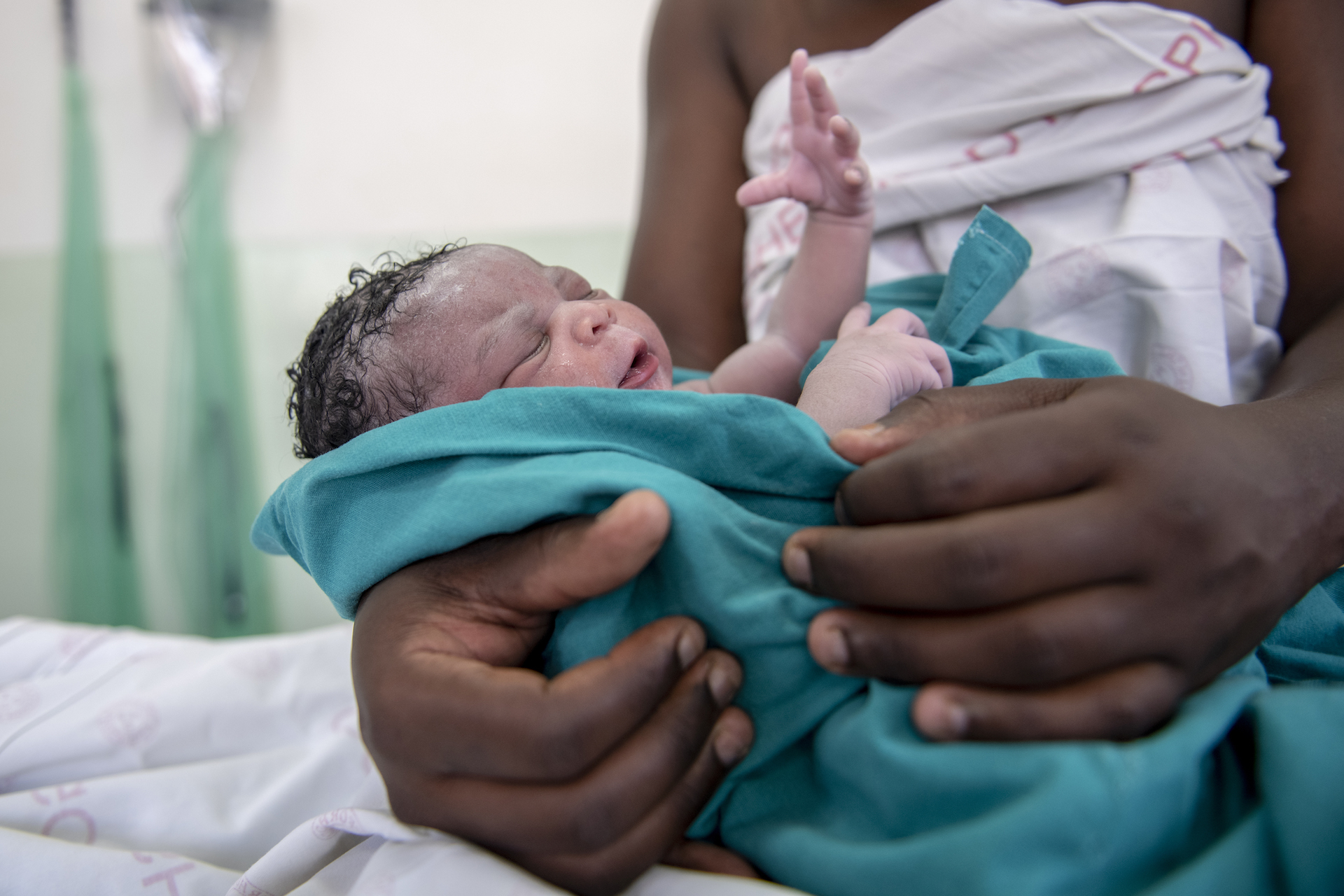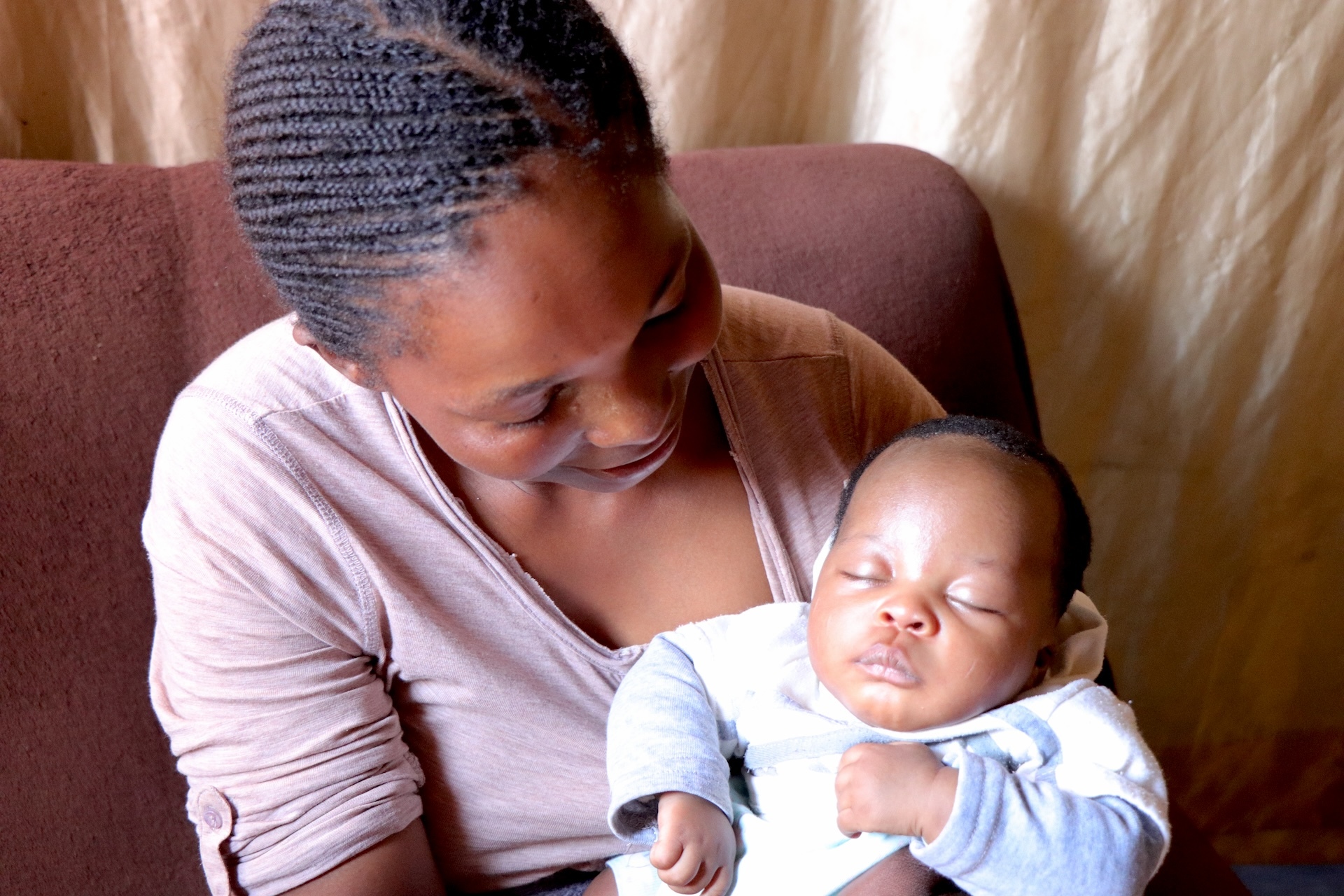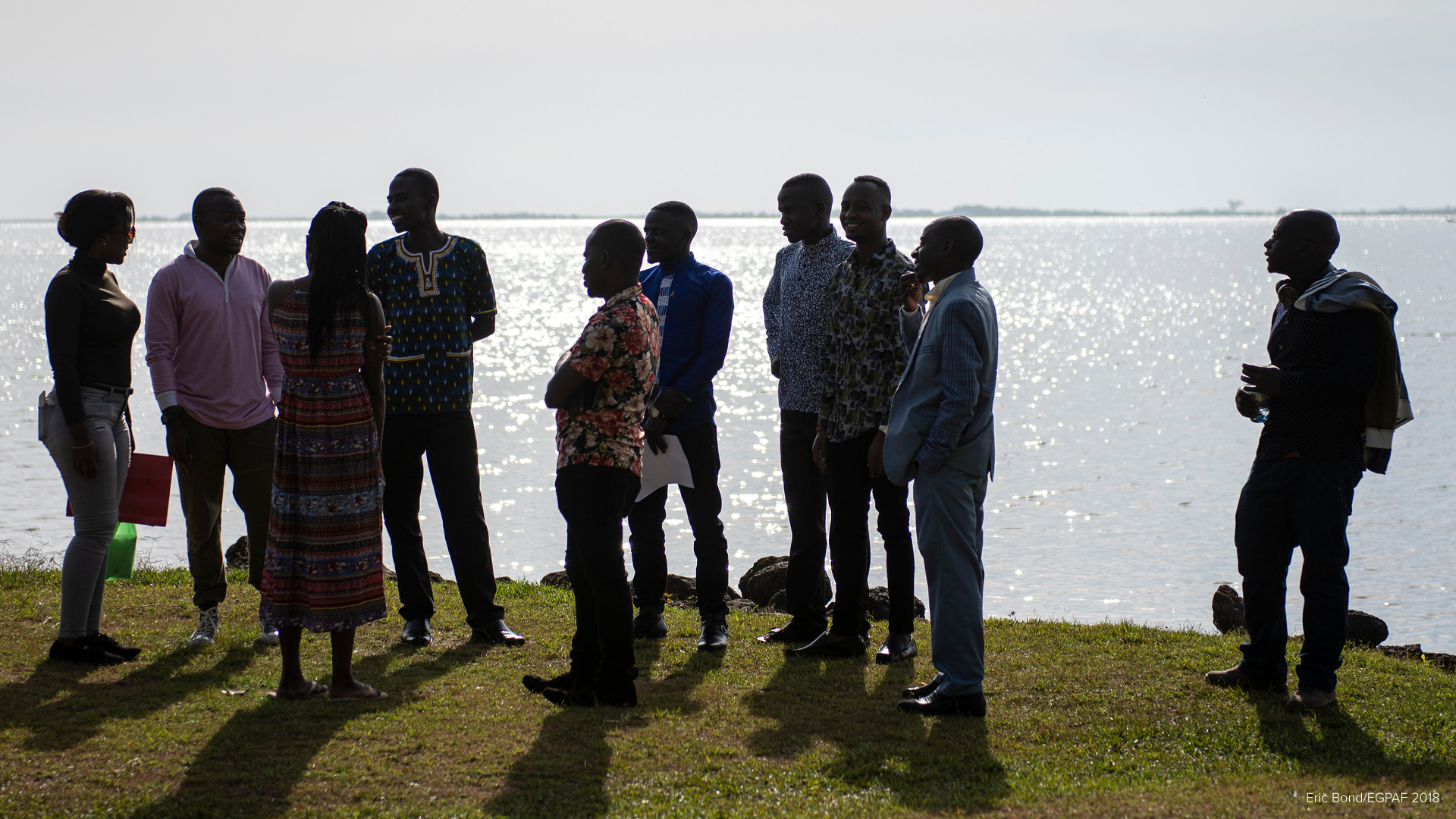“I worry for the women who give birth at home.”
“I worry for the women who give birth at home,” says Gcinile Lukhele, a senior nurse at the Ndzingeni Clinic in the Hhohho region of Eswatini. “The delivery might complicate, and no one will be available with the necessary skills to help the mother and the child during the delivery process.” Nurse Lukhele explains that homes also lack the resources to adequately protect newborns from HIV exposure.

While home deliveries are traditional in this kingdom-nation in southern Africa, they pose a risk to the lives of mothers and their babies. In 2021, 1,534 babies in Eswatini were delivered at home. With an HIV prevalence of more than 40 percent in pregnant women, this means that more than 600 of these deliveries risked HIV transmission.
Therefore, the Eswatini Ministry of Health is promoting births at health facilities in an effort to finally eliminate mother-to-child HIV transmission. Through the USAID-supported ASPIRE Project, facilities like the Ndzingeni Clinic are reaching out to women and families. ASPIRE staff from the Elizabeth Glaser Pediatric AIDS Foundation (EGPAF) come to the facility every month to provide guidance and technical support.
“Their support helps to boost our confidence in the way we go about doing our duties and has helped to reduce the number of home deliveries to almost zero per month,” says Nurse Lukhele.
 “One of the strategies that seem to work well for us is strengthening the health education, which we provide to our clients every morning before we start offering services,” says Nurse Lukhele, explaining that this informs women about the risks of home deliveries. ASPIRE also reaches out to households through the radio.
“One of the strategies that seem to work well for us is strengthening the health education, which we provide to our clients every morning before we start offering services,” says Nurse Lukhele, explaining that this informs women about the risks of home deliveries. ASPIRE also reaches out to households through the radio.
Nurse Lukhele says that now the facility will now further strengthen its communication strategies with in-person education sessions in local communities to ensure that even those with no access to the radio receive information.
“Our main aim is to see health improvement in this community,” says Nurse Gcinile says. Her goal is that “[n]o child should be exposed to HIV at birth.”
Through the ASPIRE Project, USAID is supporting key national programs and 65 health facilities, including the Ndzingeni Clinic, in the Hhohho and Shiselweni regions.




